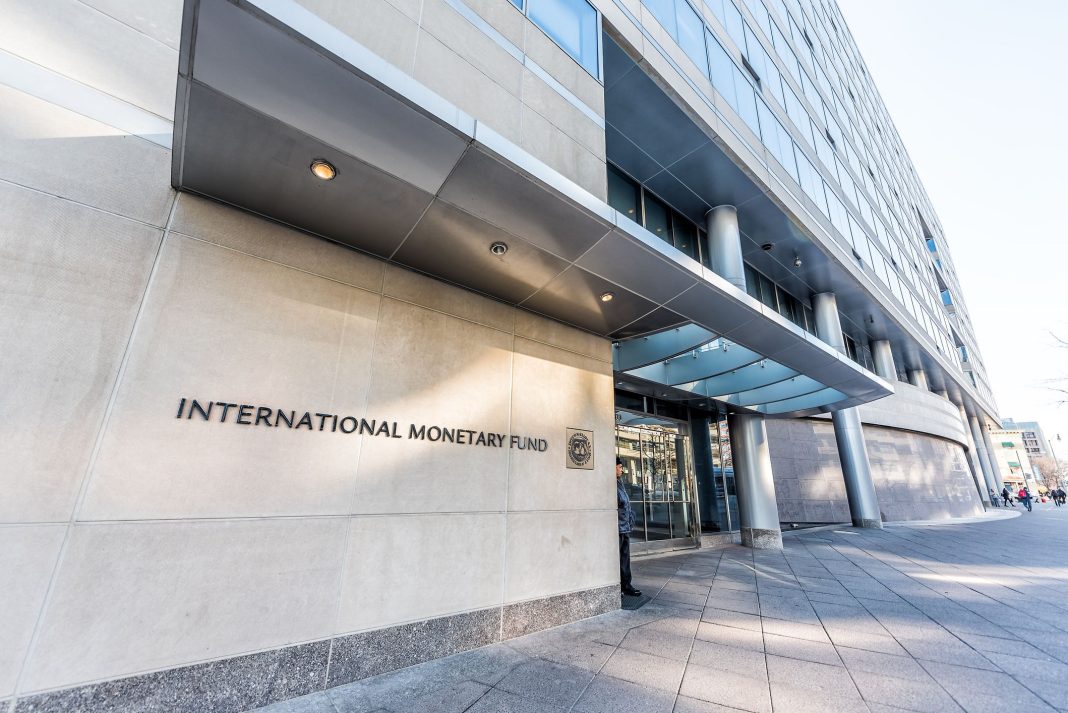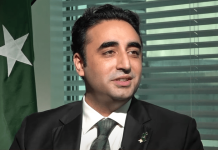By Eman Alam
ISLAMABAD: The government has met another requirement set by the International Monetary Fund (IMF) by ap-proving a summary for the annual re-basing of electricity tariffs, Express News reported.
The decision was made during a meeting of the Economic Coordination Committee (ECC) in Islamabad, chaired by Finance Minister Muhammad Aurangzeb.
In line with the IMF agreement, the ECC directed that the National Electric Power Regulatory Authority (NEPRA) issue annual policy guidelines for the tariff re-basing process. The re-basing will take effect from January 1 with the Power Division tasked with ensuring NEPRA’s adherence to the new guide-lines.
The ECC meeting also approved significant financial allocations for various sectors as the Ministry of Foreign Affairs received a technical grant of over Rs90 million, which will be utilised by Pakistan Inter-national Airlines (PIA) and the Pakistan Air Force (PAF) to enhance their operational capabilities.
Additionally, the committee sanctioned a grant of Rs940 million to meet the operational needs of the Frontier Corps (FC) North. It also approved the withdrawal of a bank guarantee linked to Afghan transit trade via the Gwadar Port.
Further funding was allocated for the establishment of the National Food Safety and Plant Health Reg-ulatory Authority, with the ECC approving a technical grant of Rs910 million for its formation.
In an important move for state-owned enterprises, the committee approved a grant of Rs930 million for the payment of salaries to employees of the Pakistan Steel Mills.
This grant will be sourced from previously approved funds amounting to Rs3.5 billion.
Earlier, he International Monetary Fund (IMF) has said that Pakistan’s economic growth is expected to stand at three per cent in the ongoing fiscal year.
IMF on Friday released its World Economic Outlook report, which highlighted mixed economic projections for the current and upcoming fiscal years.
According to the report, Pakistan’s economic growth was expected to stand at three per cent during the current fiscal year, significantly below the government’s target of 3.6 per cent.
For the following year, the IMF anticipated an increase in Pakistan’s growth rate to 4 per cent.
The report also forecast growth trajectories for other major economies. India was projected to achieve a robust economic growth rate of 6.5 per cent during both the current and next fiscal years. IMF noted that this steady trend reflected India’s economic resilience amidst global uncertainties.
For the United States, the report estimated a growth rate of 2.7 per cent for the ongoing fiscal year, with a deceleration to 2.1 per cent in the subsequent year. Meanwhile, China’s economy was expected to grow at 4.6 per cent this year, followed by a slight dip to 4.5 per cent next year.
In the case of the United Kingdom, IMF anticipated a growth rate of 1.6 per cent for the current fiscal year, with a marginal decline to 1.5 per cent in the next fiscal year.
This report underscored the global economic challenges and regional disparities in recovery and growth.






